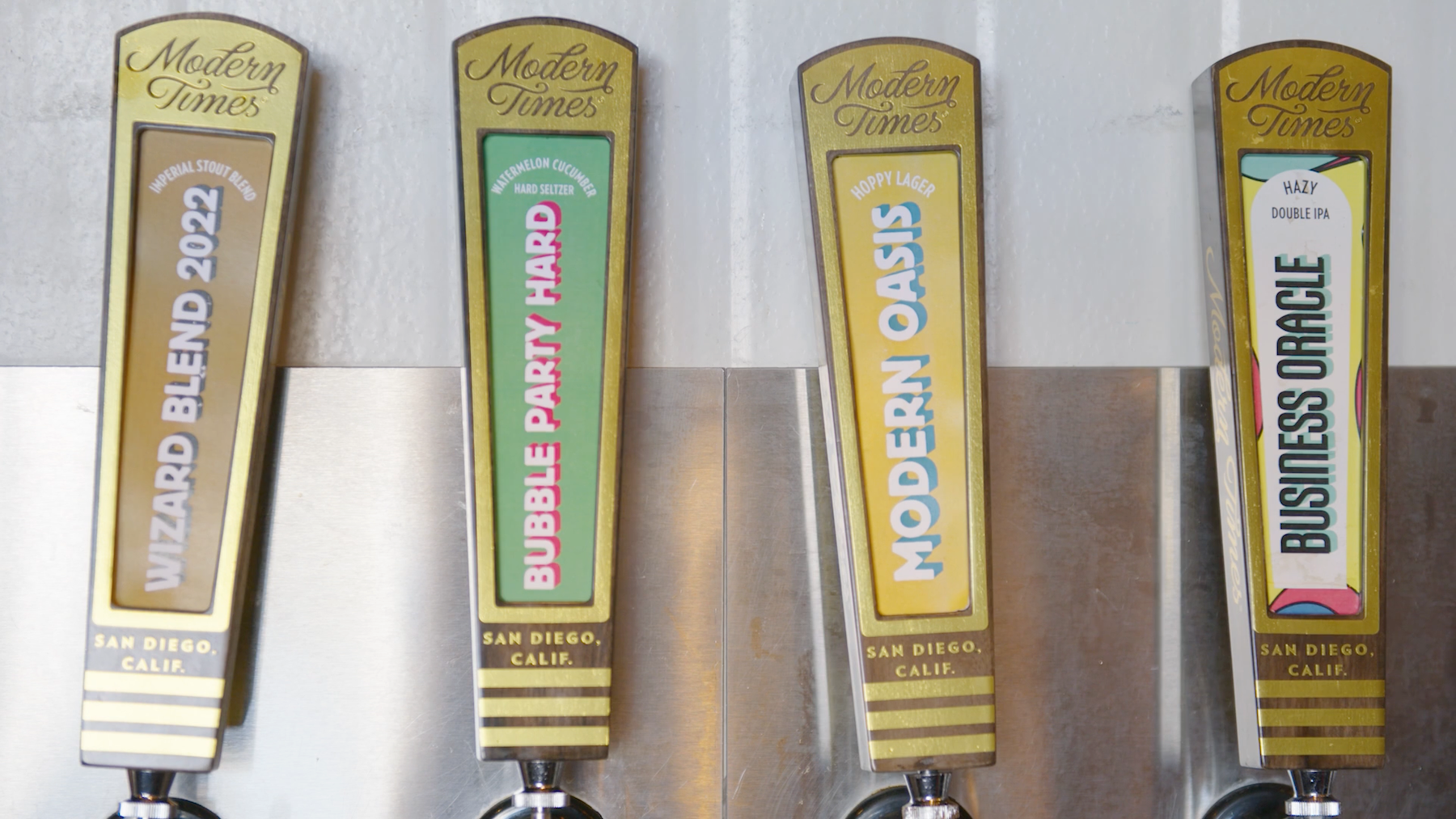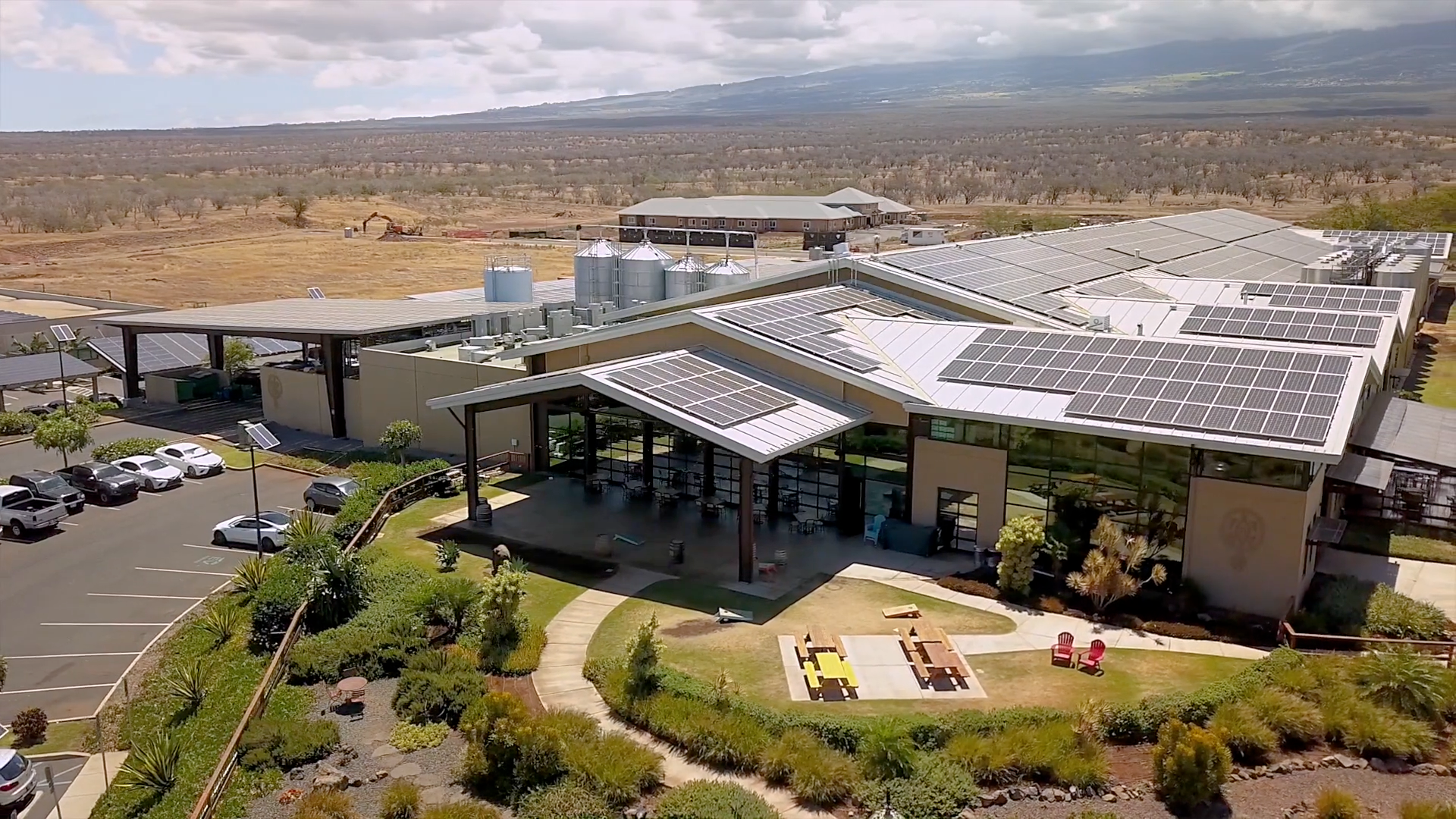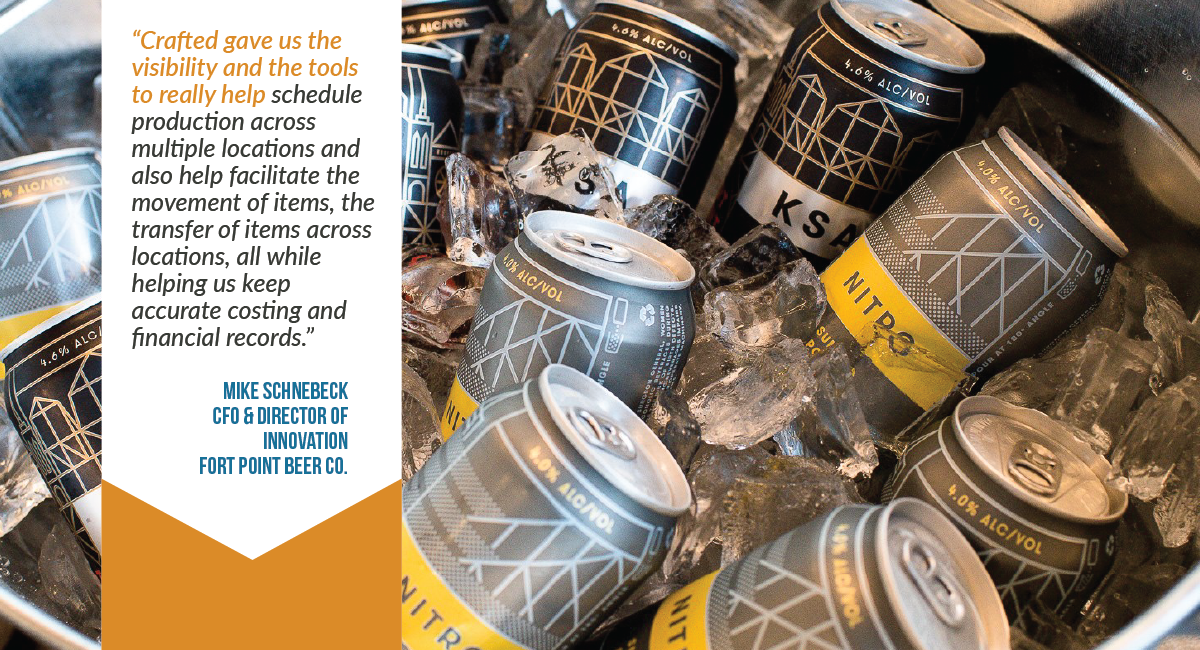The rise and fall of bev-alc businesses seem to be splashed across every industry publication these days. Markets shift and consumer behavior evolves, creating a new world in which to operate. While some powerful reigns were destined to expire, other agile businesses grit their teeth, adapt and thrive.
For beverage businesses, the idea of digital Darwinism plays out almost like one of those competitive adventure reality shows. Companies that adapt to the ebbs and flows of the industry and leverage emerging technologies are propelled forward. Those who do not, no matter their size or one-time market dominance, fizzle out and disappear.
Before you face extinction, discover how beverage ERP software can radically transform your business and continue to evolve with you as the world of bev-alc matures.
The Problem with Status Quo
Picture this: you launch your bev-alc company using a nifty little accounting system like QuickBooks or Xero. You pair this with shared spreadsheets to manage ingredients, monitor production, track inventory and report sales data. The solution is a perfect fit for your needs at the time, offering just enough functionality without overwhelming your team with unnecessary features. It’s also often easy to add capabilities as needs change.
But here's the twist: your bev-alc business grows and suddenly those “trusty” systems start to show their limitations. Data gets trapped in silos, users concoct complex workarounds for simple tasks and the lack of integration becomes a glaring issue. Things break down gradually but significantly, hitting your productivity and growth hard.
Now, you're at a crossroads. Do you keep pushing on with what you have, or do you take the exciting leap to digital transformation?
Supercharge Growth with Beverage ERP
What many legacy systems lack is the nimbleness and modern-approach of cloud-based software solutions. Solutions like Crafted ERP offer an all-in-one, cloud-native platform that help manage and integrate critical parts of your bev-alc manufacturing operation. Think of it as the ultimate multi-purpose toolkit with comprehensive financial management, compliance, production, supply chain management, human resources, CRM functionalities and more. It's designed for real-time insights, regulatory adherence and super-efficient operations.
Beverage ERP is built for modern workers. Crafted, for instance, is designed for a “hyper-productive” workforce that aims to do more in less time. Customizable dashboards, out-of-the-box reports and an intuitive interface empower your team to work more efficiently, accurately and thoughtfully. After all, the less time spent on the mundane unlocks creativity and clarity for strategic planning.
Efficiency also makes your bev-alc business more competitive. Beverage ERP enables small teams to manage similar workloads and production volume of top-tier manufacturers. Automation decreases the time it takes to perform repetitive tasks, allowing you to reallocate resources to critical functions like product and territory expansion.
Beverage ERP is constantly evolving, just like the markets and customers you serve. In the bev-alc world we live it, it truly is survival of the fittest. Those who adapt to new technologies thrive. Those who do not, well, you know the story. Don’t let it come to that though. Realize the benefits of beverage ERP and how it serves as the lifeblood of your organization.
Top 4 Ways Cloud ERP Benefits Your Bev-Alc Business
To really understand the advantages beverage ERP brings to your business, we talked to Jeremy King, CEO of Doozy Solutions, the team behind Crafted ERP. Jeremy outlined four key ways that bev-alc software like Crafted propels companies toward sustainable growth.
1. Scalability and Flexibility
“Industry-specific ERP systems like Crafted ERP are designed to grow with you. As your bev-alc business expands, so do your operational complexities. Smaller accounting systems may be great to start out, but you’ll soon realize they have their limits. Crafted ERP, however, can handle increased workloads and complex processes without breaking a sweat. You can easily add new users, modules and functionalities as needed, ensuring smooth sailing as you scale up.”
2. Feature Sets and Integration
“The capabilities of Crafted go far beyond traditional accounting or beverage production systems. A true end-to-end beverage ERP offers a holistic approach, integrating various business functions like supply chain management, human resources, production and customer relationship management. This means better data integration and visibility across your entire organization, even if you have multiple entities or operate globally. Plus, Crafted is highly extensible, allowing seamless integration with your favorite third-party systems, many of which are already integrated.”
3. Built for Beverage Producers
“Different industries have unique needs, and Crafted was designed to handle complexities specific to beverage manufacturing. Crafted has specialized modules and functionalities developed for bev-alc, streamlining operations, improving compliance and supporting best practices across the enterprise. Accounting solutions alone can’t handle the robust inventory management and production planning needs of beverage companies. That’s why beverage ERP solutions are a crucial component of sustainable growth.”
4. Cost Considerations
“When weighing the cost of Crafted versus smaller accounting systems, not to mention the auxiliary solutions needed to complete your tech stack, consider both direct and indirect expenses. While smaller systems have lower upfront costs, they can incur significant long-term expenses like maintenance and upgrades. Though Crafted is a more significant upfront investment, it offers a comprehensive package with ongoing updates, security and support. The subscription-based model allows for predictable budgeting and reduces the need for hefty IT infrastructure investments, ultimately driving down costs. Over time, an end-to-end cloud-based solution is far more economical than multiple disparate systems.”
Making the Switch to Crafted ERP
Choosing a cloud-based beverage ERP is a strategic decision that requires careful and thoughtful planning. You'll need to conduct a thorough needs assessment, align the solution to your business and allocate appropriate resources to ensure a smooth implementation process. If your current accounting and production systems can't keep up with your growing demands, it might be time to explore your options.
So, why do many beverage producers switch to Crafted ERP as they grow? Simple: they need the comprehensive functionality and scalability that Crafted provides, going above and beyond what competitive systems can support.
Ready to embrace the future? It's time to evolve with Crafted ERP!
About Our CEO: Jeremy King
Jeremy King is co-founder and CEO at Doozy Solutions, maker of Crafted ERP, the premiere beverage manufacturing software in the world. His broad financial background and hands-on experience as a CFO and COO give him a unique perspective to understand and predict problems while providing creative solutions. Jeremy supports customers in all areas of NetSuite implementations, including costing analysis, strategic planning, operational management and financial analysis. His focus is on the manufacturing, technology and craft beverage industries.
Jeremy is an accomplished author, speaker and lecturer whose articles on technology and cloud computing have been published in numerous publications including the Denver Business Journal, CoBiz Magazine and Accounting Today.








GET IN TOUCH
1512 Larimer Street, Suite #150
Denver, CO 80202
United States
(720) 699-0200
66 Goulburn Street
Sydney, NSW, 2000
Australia
+61 2 9044 1330





